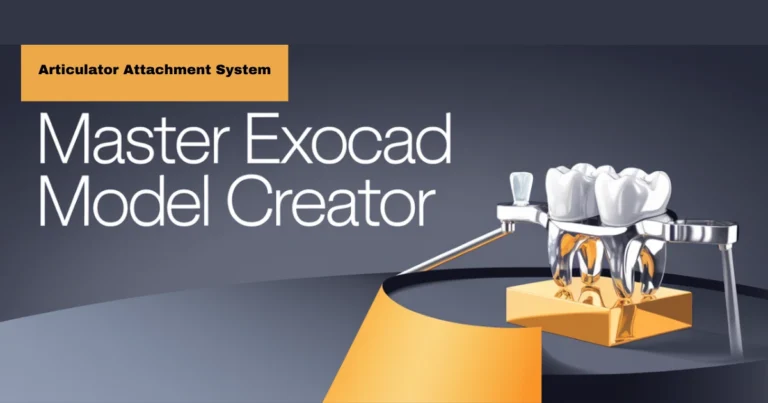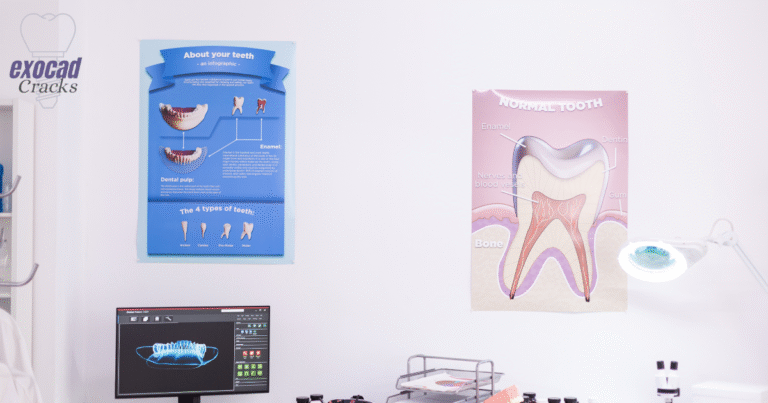Essential Exocad DentalCAD Tips for Efficient 3D Dental Design
Table of Contents:
1. Introduction
If you’re using Exocad DentalCAD to create precise restorations and designs, mastering efficient workflows can save time and enhance results. In this blog, we’ll explore Essential Exocad DentalCAD Tips for Efficient 3D Dental Design to help you improve your productivity and accuracy.
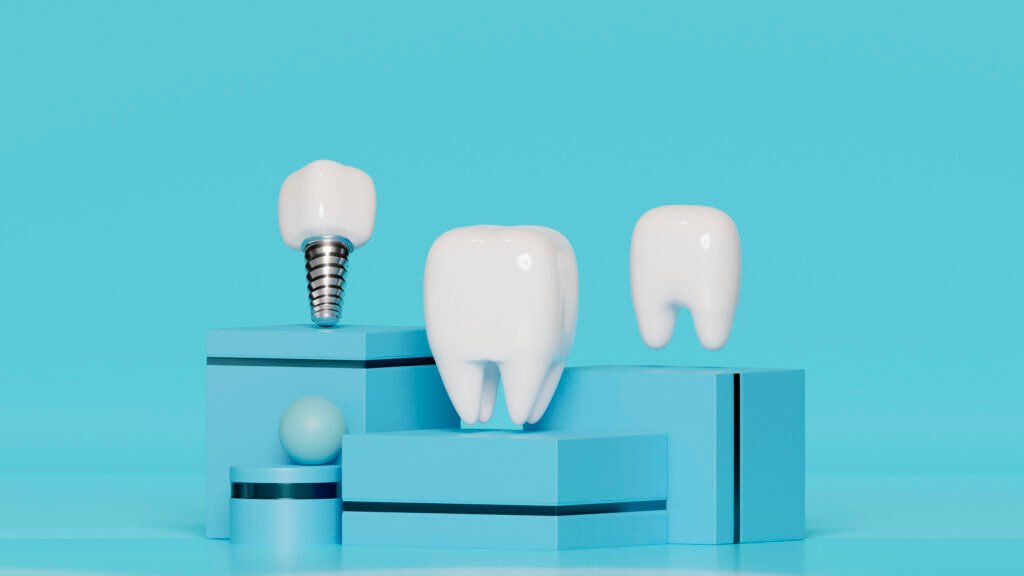
2. Why Efficiency Matters in DentalCAD
Dental CAD software like Exocad is powerful, but it’s easy to get slowed down by inefficient processes. Leveraging tools and shortcuts can make a huge difference in your daily work, especially in busy lab environments or clinics. Efficient workflows mean more cases completed in less time, leading to higher profitability and better client satisfaction.
3. Getting Started with Exocad DentalCAD
Before diving into optimization, make sure your software is up-to-date. You can find cracked versions and installation tutorials on our homepage at ExocadCracks.com. Always ensure you have the required system specs for smooth operation.
Minimum System Requirements:
CPU: Intel i7 or AMD Ryzen 7 and above
RAM: 16 GB minimum
GPU: NVIDIA GeForce GTX 1060 or higher
OS: Windows 10/11 (64-bit)
Setting up your environment correctly is the foundation for efficient use of Exocad DentalCAD.
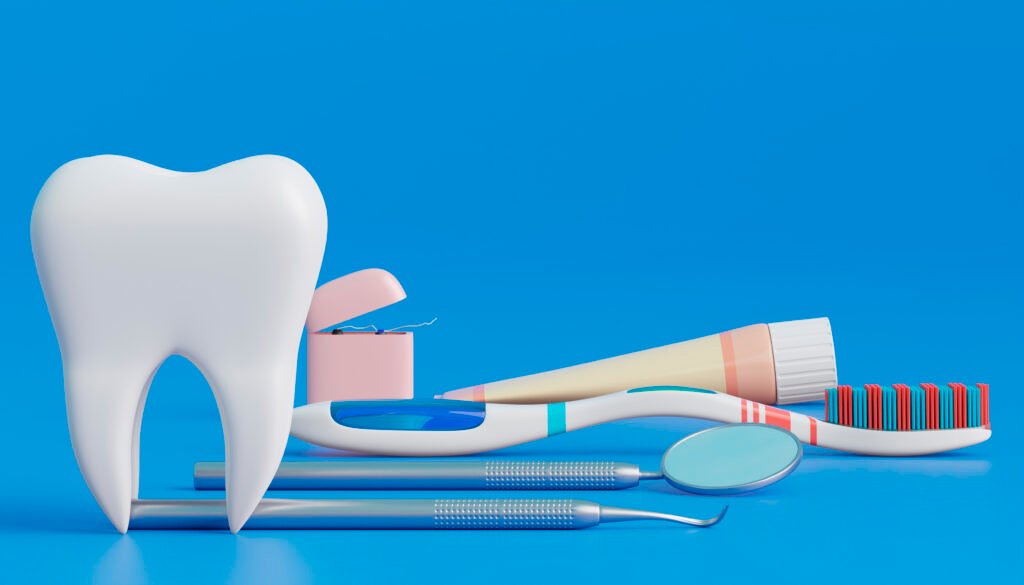
4. Top Tips for Efficient 3D Dental Design
Streamlining Workflows
Use project templates to auto-fill case details and select appropriate workflows. This reduces time spent configuring each case manually. Utilize the default scan protocols and standard setups provided in the DentalDB.
Mastering Shortcuts
Keyboard shortcuts can significantly reduce design time. For example:
Ctrl + Z– UndoCtrl + Y– RedoSpacebar– Switch viewsAlt + S– Save project
Regular use of these can reduce repetitive hand movement and save hours each week.
Using Predefined Libraries
Leverage Exocad’s extensive crown and tooth libraries to reduce design effort and maintain consistency across cases. Libraries are customizable and can be imported/exported across systems.
Optimizing Scan Data
Use the “cut view” tool to eliminate excess scan areas and focus on relevant anatomy. Clean scans improve rendering speed. Always check scan alignment and remove redundant meshes.
Saving and Reusing Parameters
Store custom parameters for different materials or restoration types (e.g., lithium disilicate vs. zirconia), so you can apply them quickly to new cases. Save presets to your local profile or networked storage for team-wide use.
5. Advanced Techniques in Exocad DentalCAD
Expert Mode Tips
Expert Mode unlocks advanced control over design elements. Use it to:
Manually define margin lines
Adjust connector sizes
Modify insertion paths
Custom XML Configuration
Edit the “DentalDB.xml” file to automate tasks and change default behaviors like:
Auto-saving every 5 minutes
Defaulting to Expert Mode
Enabling pre-defined scan types
Always back up your original file before making edits.
Implant Planning and Abutment Design
Utilize the Implant Module for guided surgery and custom abutments. This feature streamlines digital implant planning, from scan import to final restoration.
.
6. Tools and Features You Shouldn't Miss
Anatomic Waxup Tool: For ideal morphology and pre-op modeling
Virtual Articulator: Simulates jaw movements to check occlusion
Smile Creator: Aligns esthetic and functional design goals
RealView Engine: Real-time rendering of realistic restorations
7. Common Mistakes to Avoid
Skipping software updates
Not calibrating your scanner
Ignoring material parameters
Using default settings for every case
Forgetting to back up XML configurations
8. Resources and Community Support
Internal Links:
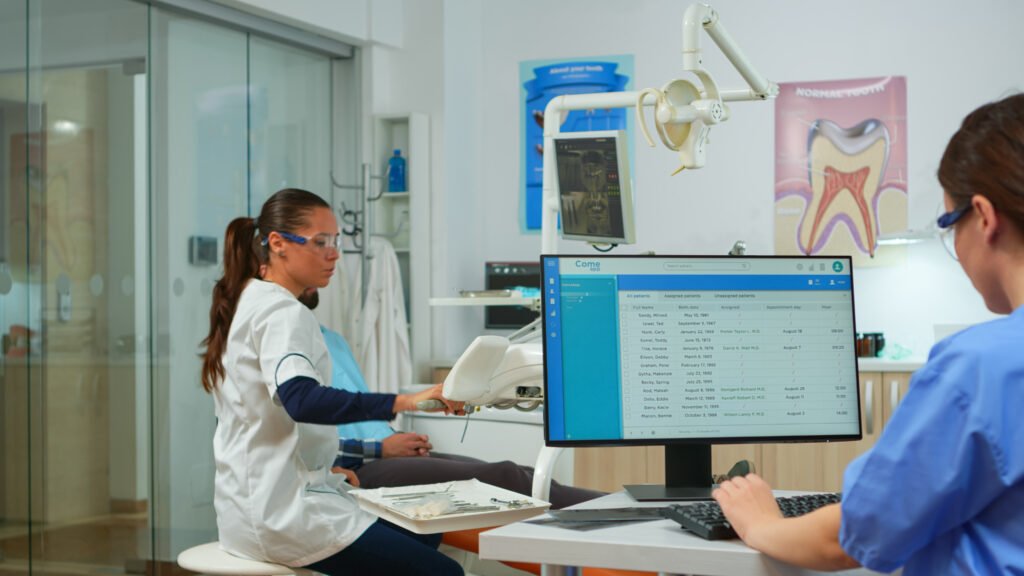
9. Conclusion
By applying these Essential Exocad DentalCAD Tips for Efficient 3D Dental Design, you can streamline your workflow, reduce errors, and produce better results in less time. Whether you’re new to DentalCAD or a seasoned technician, these strategies will elevate your work.
Don’t forget to engage with the Exocad community, update your tools regularly, and continue learning as the software evolves.
A: Make sure your PC meets the system requirements recommended by Exocad.
A: Go to the "Extras" menu and enable Expert Mode, or modify your config file for deeper control.
A: Use at your own risk. Always scan files and use trusted sources like ExocadCracks.com.



